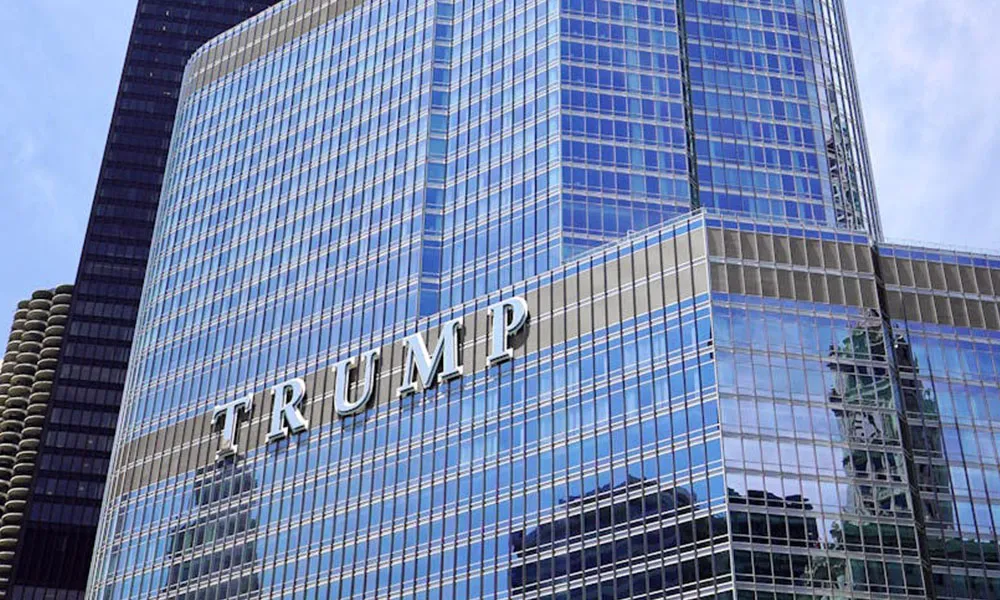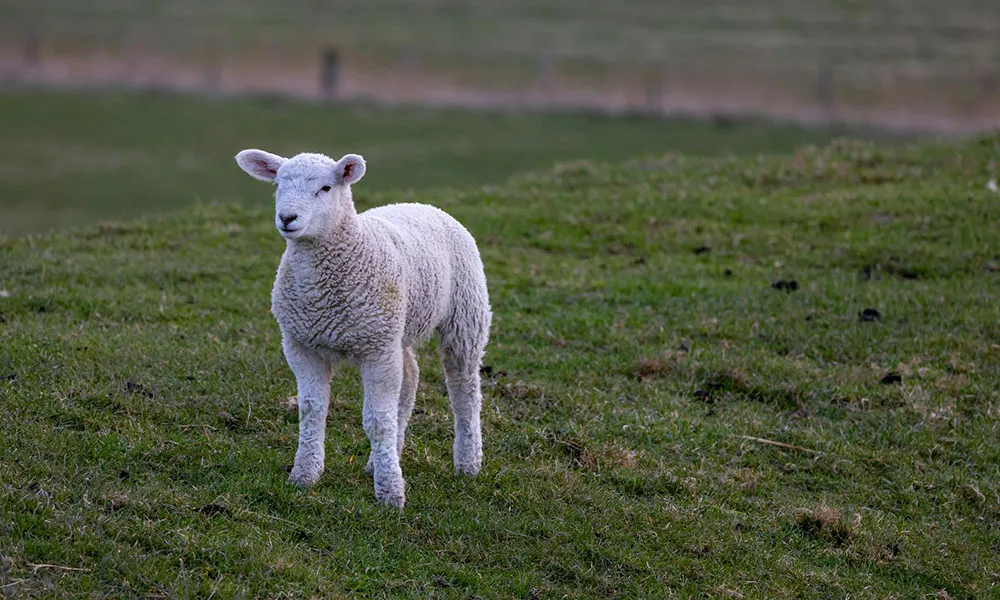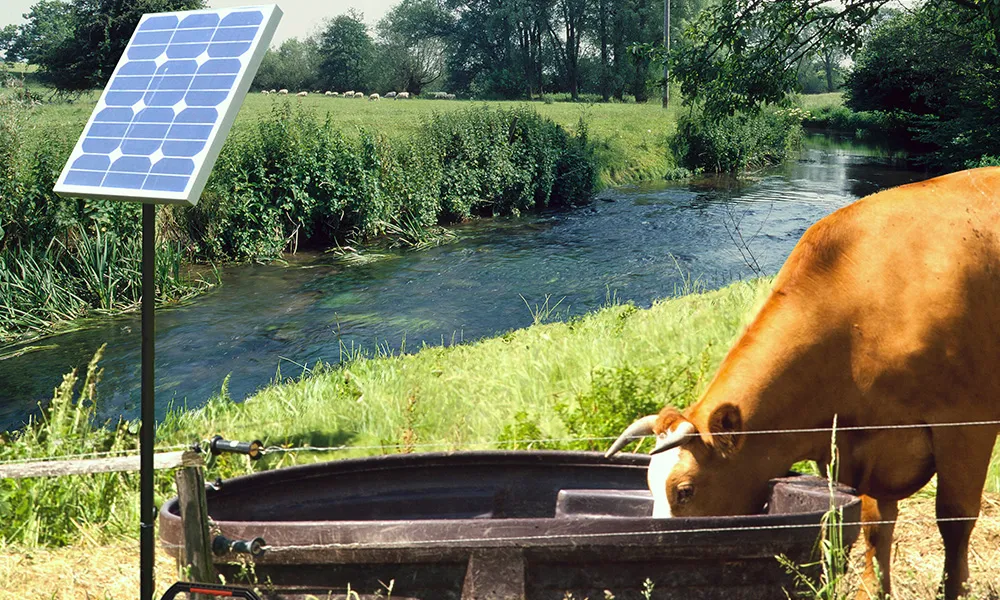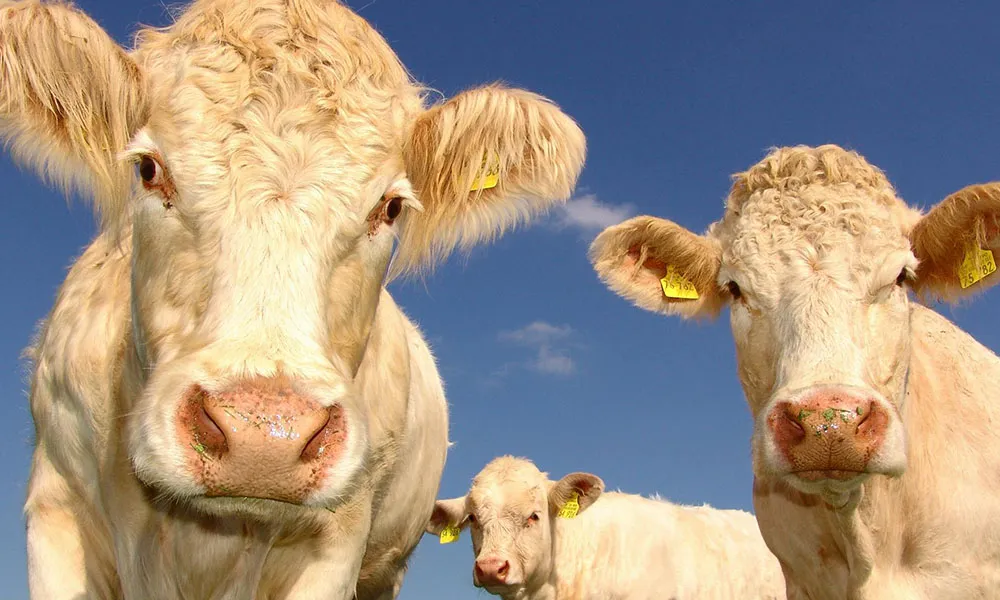
Trump and Trade War in 2025?
Donald Trump’s victory in the US presidential election may indirectly impact the future of Irish beef production. During his campaign, the now president-elect assumed an adversarial posture towards the EU, calling the trading block a “foe” in interviews and vowing to impose tariffs of between 10% and 20% on all European imports.
As the possibility of a second Trump presidency became likelier over the last year, European policy-makers started to prepare for a potential trade war with the US in 2025, and are reportedly ready to impose counter-tariffs on American imports should Trump follow through on his campaign rhetoric.
Revival of the Mercosur deal
The prospect of the economic pain that would attend an EU-US trade war is partly responsible for Brussels’ revival of the Mercosur deal. With the United States likely to become a much less reliable trading partner over the next four years, European policymakers will be forced to look elsewhere to fill the gap that cooling relations with Washington would inevitably create.
The Mercosur countries of South America, with Brazil at the helm, represent a key target market for Europe; and it is no coincidence, at least in this author’s view, that proposals to revive the EU-Mercosur trade deal coincided with Trump’s second bid for the presidency. The fact is that an ailing European economy will struggle to survive Trump’s tariffs if it can’t form new global trading partnerships. The South American market is seen as key in this respect.
Farmer opposition
This plan is not without opposition within the block, however. Farmers across Europe are fiercely opposed to any deal that would flood EU markets with cheap South American produce. The French Government is, at present, resolutely opposed to the plan on this basis, recognizing that France’s farmers will struggle to compete with South American imports produced at much lower cost and with far fewer regulations.
Brussels is well aware of what a Mercosur deal would mean for European producers, and is desperately trying to soften the potential blow. Last month, it was confirmed that the European Commission is working on a new budget fund that would compensate farmers for any negative impacts of a South American trade deal. What this fund will look like though, and how much compensation farmers might receive from the pot, is still an open question.
Consequences for Irish farmers
What is certain, however, is that Irish beef producers will take a hit from a potential Mercosur Trade Deal. Much to the concern of Ireland’s cattle trade, Brazil is one of largest beef producers in the world and is eager to break into new markets. Any deal with the Mercosur block will surely include requirements for the import of large quantities of Brazilian beef that will inevitably undercut Irish products.
The Irish Government has made great show of opposing the Mercosur deal in its current form; but with Trump returning to the White House and the prospect of the US market closing the door to European business, more powerful European governments – most notably the Germans – will be desperate to push a South American trade deal through sooner rather than later.
MPG











